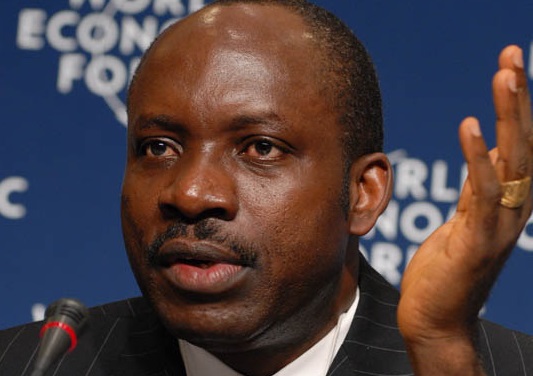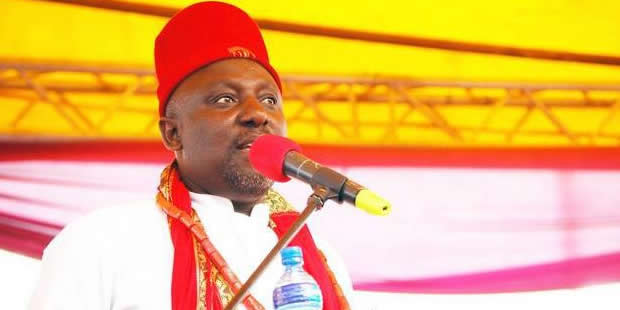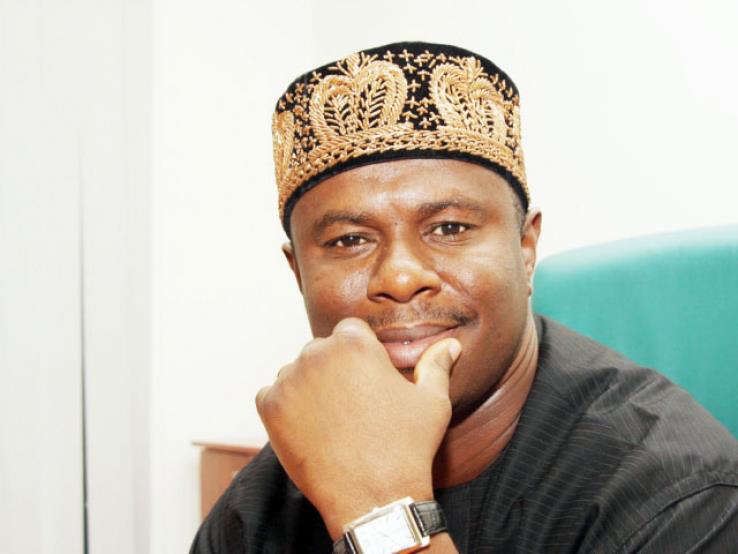Last Tuesday, in what looked like a one-off engagement, the Economic Management Team (EMT) held a consultative forum with a team of economists. They deliberated on how to reflate the country’s receding economy. The EMT intends to continue this conversation with the business community in Lagos. This is commendable, but it isn’t enough.
President Buhari doesn’t need an ad hoc committee – the type that was seen last Tuesday, he needs a standing committee –a think-tank that would complement his economic management team. The President needs a council modelled after the United States’ Council of Economic Advisers (CEA). Such council, as seen in the US, should have the capacity to fashion out policies based on rigorous macro and microeconomic data.
The consultative forum, which was seen last Tuesday, appeared to have ignored this very pressing issue: Nigeria is at a brink of a second banking crisis. In a recent article, titled ‘’Subprime savannah’’, the Economist magazine aptly captured this imminent danger.
With the state of our banks, diversification will always remain a mirage – small and medium enterprises need funds from these banks in order to spur the economy. And more importantly, a banking collapse, at the brink of a recession, would result in an unimaginable damage to the system.
Advertisement
In the last six months, the CBN observed that bad debts, in the Nigerian banking system, have doubled. Nigerian banks, which have not been known to have the habit of giving long-term loans, are now more averse to giving loans. This development will further compound the country’s recession.
For instance, leading companies, such as Oando and Afren, have suffered serious cash flow problems. You cannot have a bubbling private sector in an economy with sick banks. The banking industry is a reflection of the economy. Obviously, no economy can grow in the absence of credit to the real sector.
The nation’s apex bank just gave a glimpse of the level of stress in one of Nigeria’s major bank, Skye Bank. The CBN says the bank does not have the financial muscles to absorb its bad debts. In our banking industry, Skye Bank might not be alone.
Advertisement
The problem is actually an oil problem – the fall in commodity prices have exposed Nigeria’s underbelly. And the exposure of Nigerian banks to toxic loans in the oil and gas industry has further heightened the precarious condition we have found ourselves.
In the first place, the massive loans and capital in Nigeria’s telecommunications and energy sectors, which were seen a few years ago, were mainly as a result of the consolidation embarked upon by Nigerian banks. This is one thing that many critics of the former CBN governor, Professor Charles Soludo, cannot deny.
As seen after the consolidation, only a robust and liquid banking system can actually reflate the economy, and of course trigger the much needed growth. Big thinkers and builders, such as the former CBN governor, are urgently needed in our receding economy. It is not enough to seek their advice in private. They have to be inundated with responsibilities.
Last year, Soludo said he was indisposed to serve in this government. He wants to pursue his personal interests. Sadly, when these kind of master builders are allowed to pursue their private business – in which they are very likely to succeed in – the society, they ought to serve, ends up becoming the ultimate losers.
Advertisement
These are the kind of big thinkers the President needs if he wants to make an impact. And of course, if he wants to write his name in gold in the history of Nigeria’s political economy. There are many Soludos having fun in some Ivy League Universities and in some investment banks. These folks could be co-opted into Nigeria’s version of CEA.
For now, one thing is clear: If Buhari leaves today, there might not be anything to remember him for. His modest achievements in the fight against corruption could easily be reversed. Presently, there are no institutionalized structures, which can stand the test of time.
Strengthening Nigeria’s macroeconomic environment and improving banks’ capacity to engage in long-term finance is the surest route to get the nation out of recession. For now, the assurances that the current recession may not last long is just wishful thinking. One hopes we don’t even slide into a depression.
Advertisement
Views expressed by contributors are strictly personal and not of TheCable.
Add a comment







